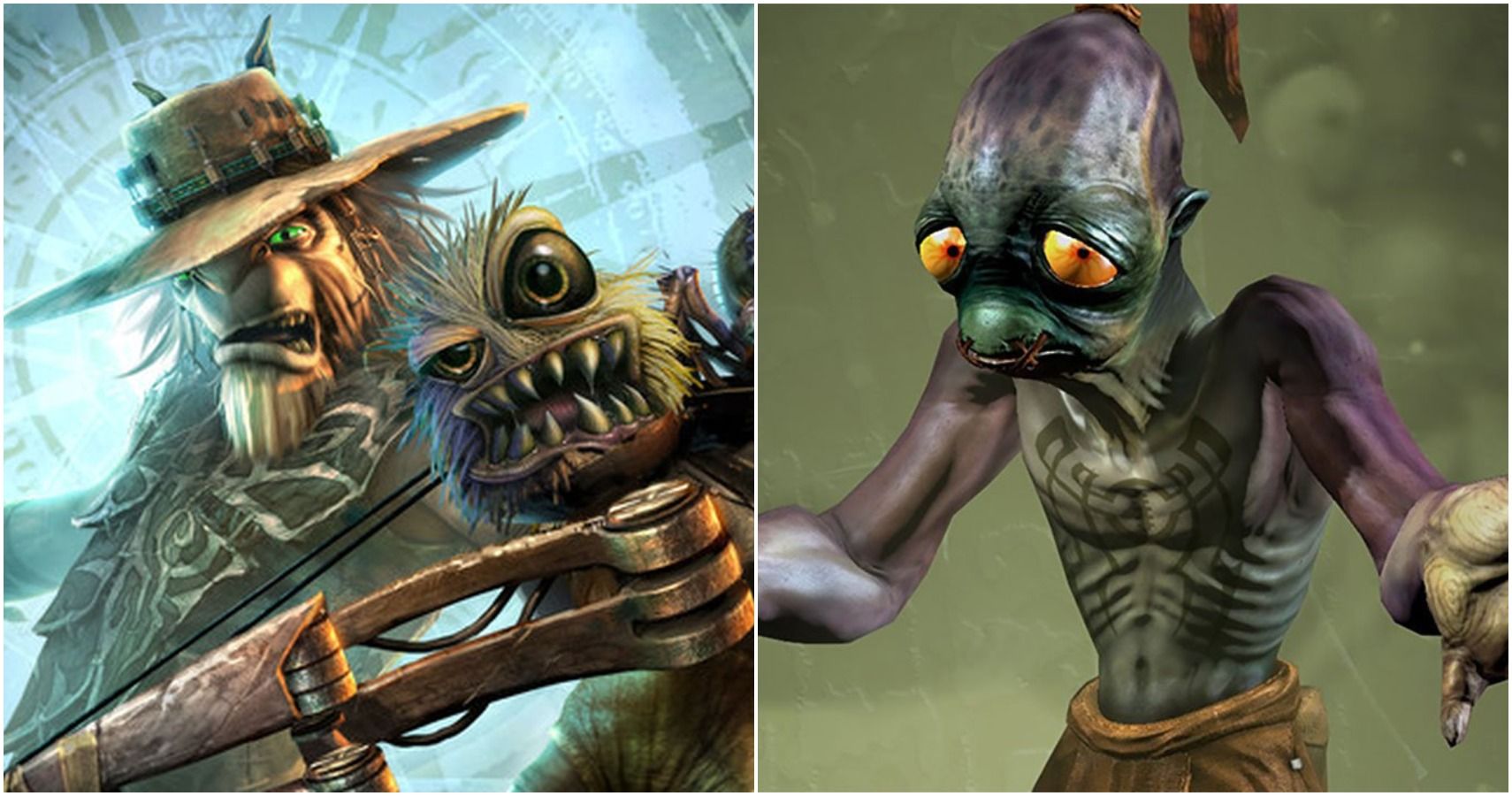
The Social Commentary and Themes Hidden in Oddworlds Narrative
Oddworld, a video game franchise created by Oddworld Inhabitants, has captivated gamers since its debut in the 1990s. While at first glance it may appear to be a quirky platformer featuring charming characters like Abe and Munch, a deeper dive into its narrative reveals a profound social commentary that explores themes of exploitation, environmental degradation, and corporate greed. This multifaceted narrative has resonated with players in unexpected ways, encouraging them to question societal norms and the impact of their actions.
The Exploitation of Labor
One of the most prominent themes in Oddworld's narrative is the exploitation of labor. The games frequently depict workers as marginalized beings subject to the whims of powerful corporations. For instance, in "Oddworld: Abe's Oddysee," players control Abe, a Mudokon who discovers that his kind is being heavily exploited to help produce the very products that lead to their demise. This narrative mechanic serves as a poignant metaphor for real-world labor exploitation, where workers in many industries face similar circumstances. The Oddworld franchise effectively utilizes such storylines to critique the dehumanization inherent in modern industrial practices.
Environmental Concerns and Conservation
Another significant theme embedded within Oddworld's storytelling is the environment. The games are set in a richly crafted world where lush landscapes contrast sharply with industrial wastelands, showcasing the consequences of unchecked resource extraction and corporate expansion. Such a duality not only highlights the beauty of nature but also emphasizes the importance of conservation. Players are often tasked with reversing the damage done to the environment, thus acting as stewards of the land. This environmental message resonates strongly in today’s gaming culture, where sustainability and ecological consciousness are increasingly prevalent issues.
Corporate Greed and Consumerism
Corporate greed is another theme intricately woven into Oddworld's narrative fabric. Throughout the series, players encounter the nefarious practices of the Glukkons, a race of capitalist-driven beings whose insatiable thirst for profit leads to catastrophic consequences for both the environment and the workers. This portrayal serves as a critique of consumerism, encouraging players to reflect on their own consumption habits and the ethical implications of their choices. By embodying characters like Abe, who rebels against his oppressors, players are invited to consider how they can stand against the very systems that exploit both the planet and its inhabitants.
The Oddworld Store and Cultural Impact
The Oddworld franchise has extended its influence beyond gameplay and narrative. Through platforms like the Oddworld Store, fans can access a variety of merchandise that reflects the unique artistry and thematic depth of the games. This store not only serves as a commercial outlet but also as a celebration of the franchise's culture and community. Fans can find items that resonate with the stories of the game, from collectible figures to art prints that capture the essence of Oddworld's vibrant yet cautionary tales. By engaging with the Oddworld Store, players can further immerse themselves in the socio-political context the games present, showcasing a synthesis of art, activism, and gaming.
In summary, the Oddworld franchise is much more than a collection of entertaining games; it is a rich tapestry of social commentary and critical reflections on labor, environmental issues, and corporate greed. By engaging with its narrative, players are not just participants in a story but are also prompted to reflect on their own place in a world rife with similar injustices. With the availability of themed merchandise through the Oddworld Store, fans have a means to connect more deeply with the themes and messages that define this iconic series, making it a timeless touchstone in the realm of video games.









